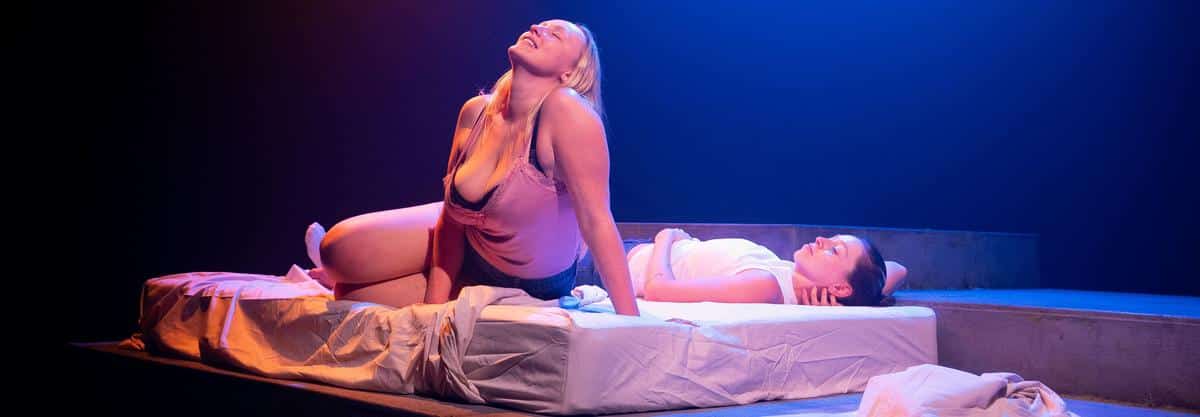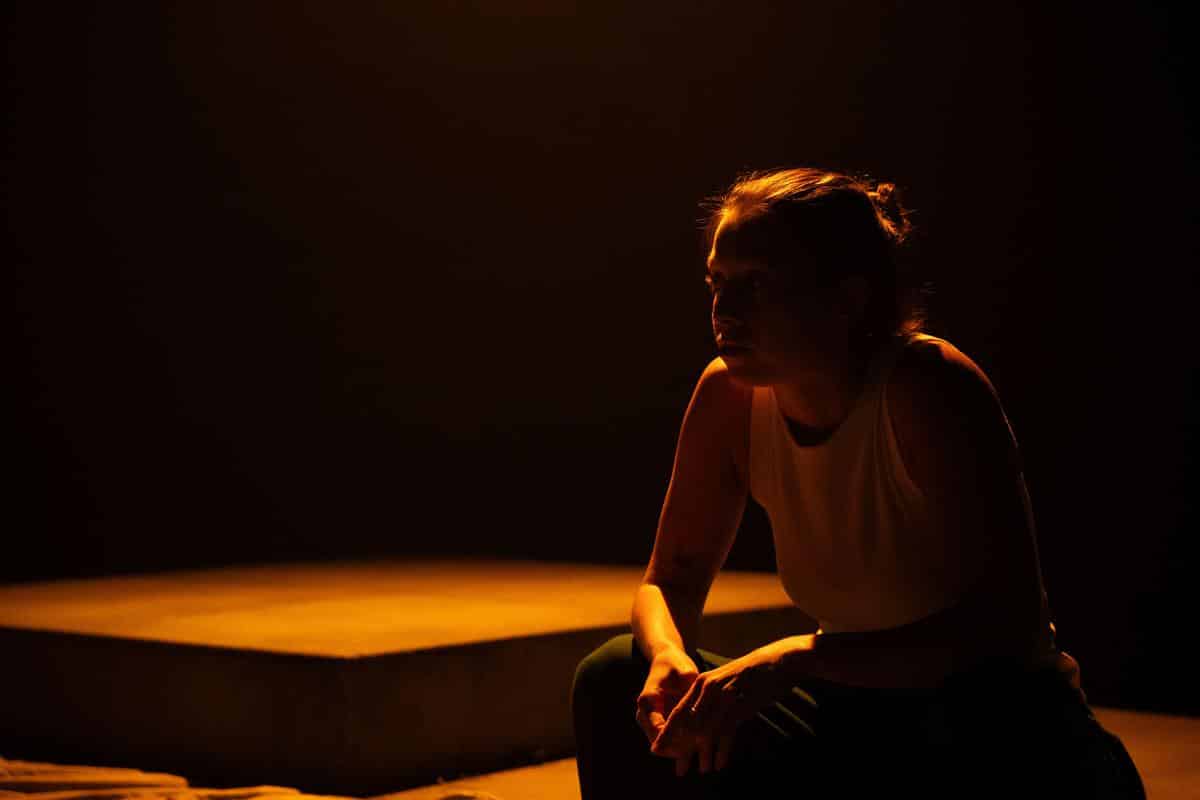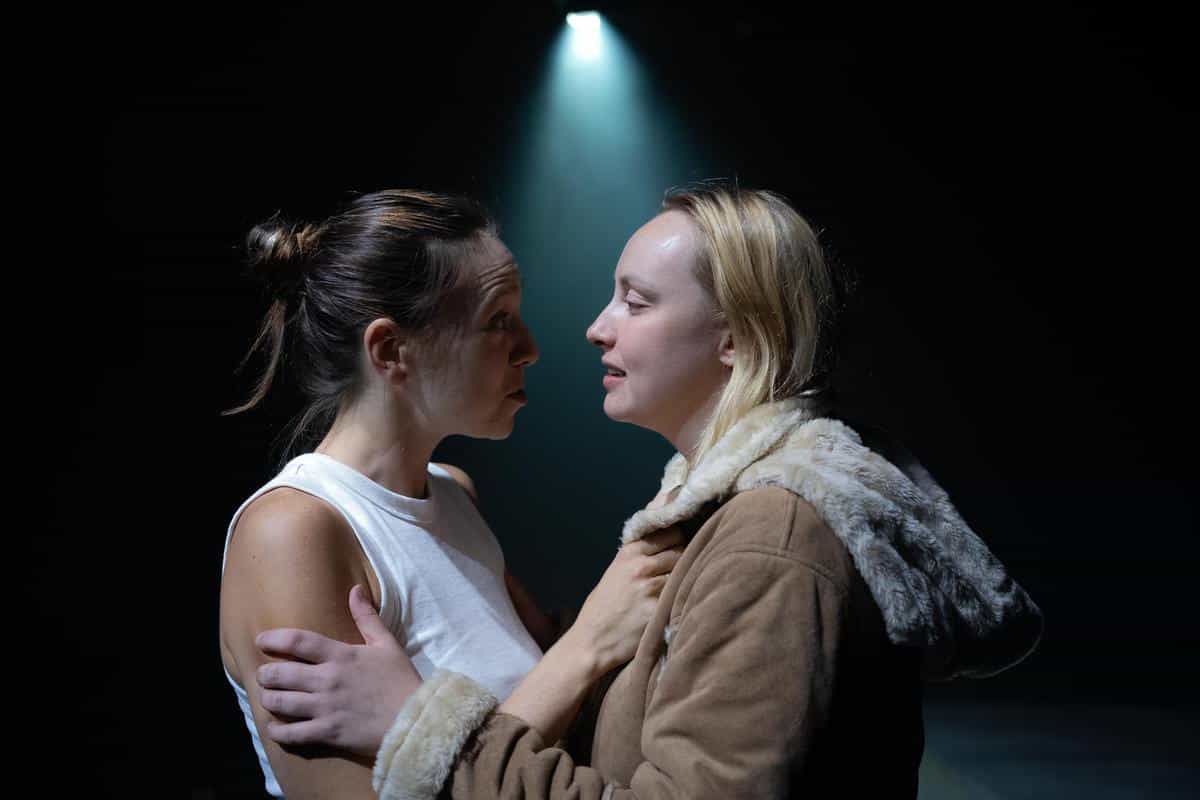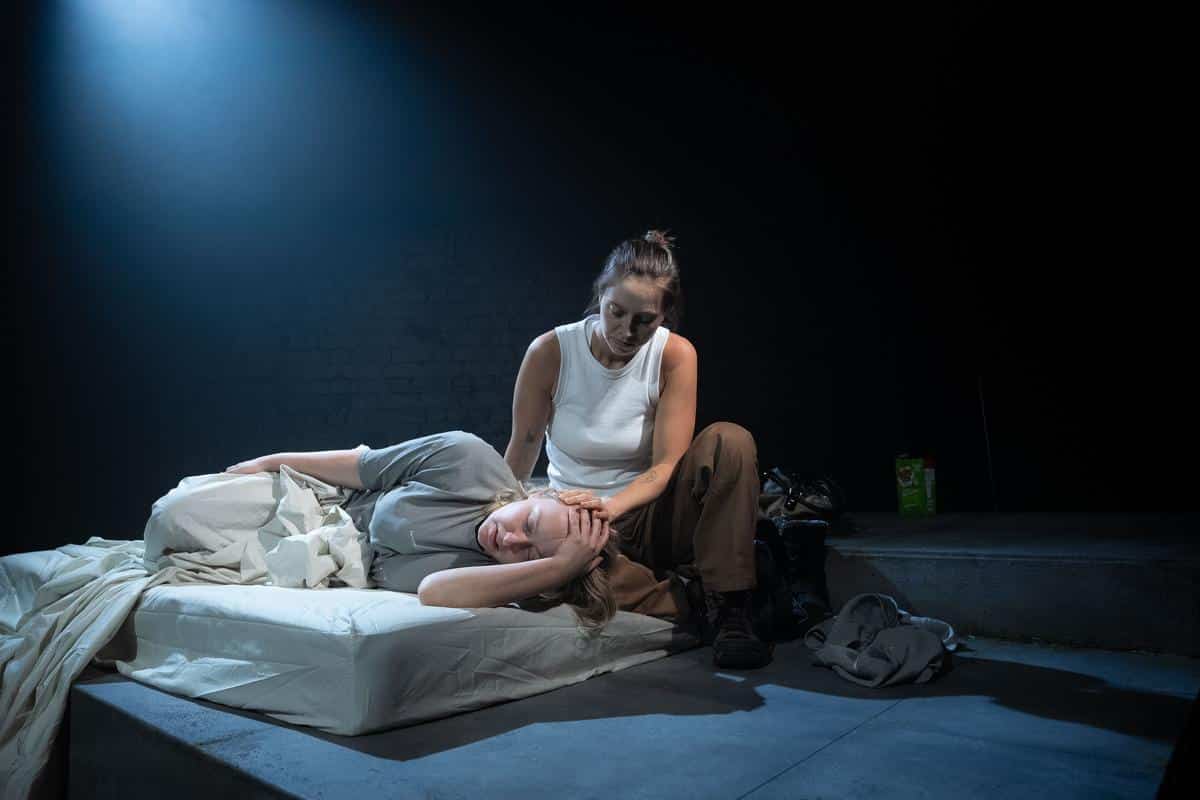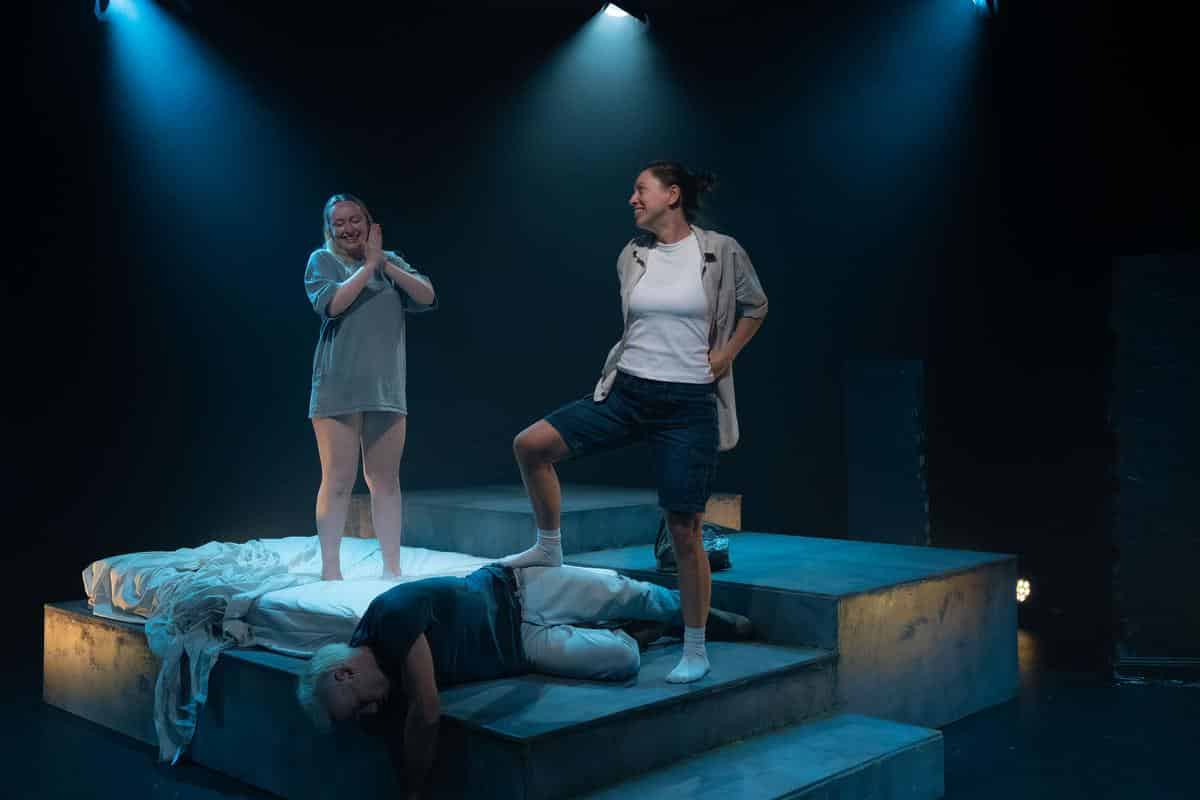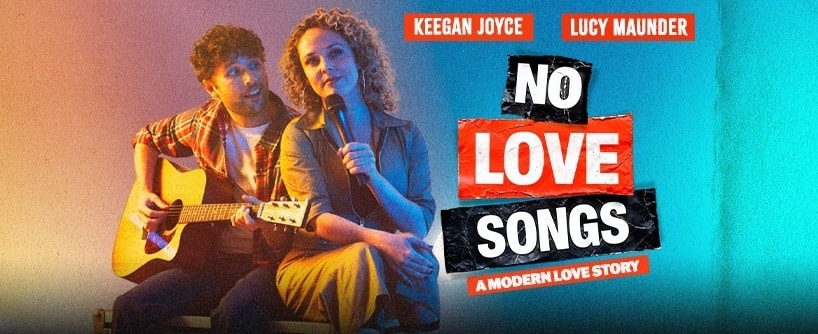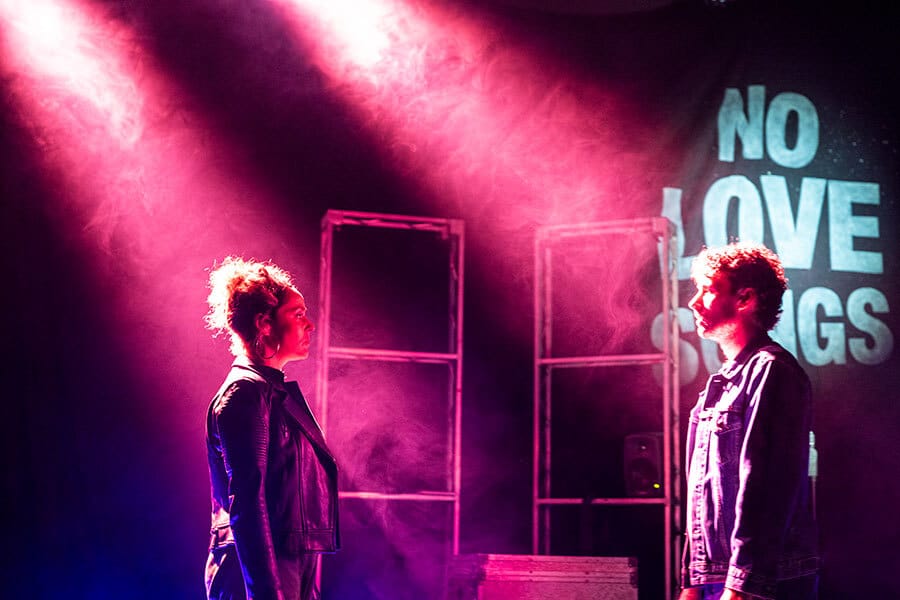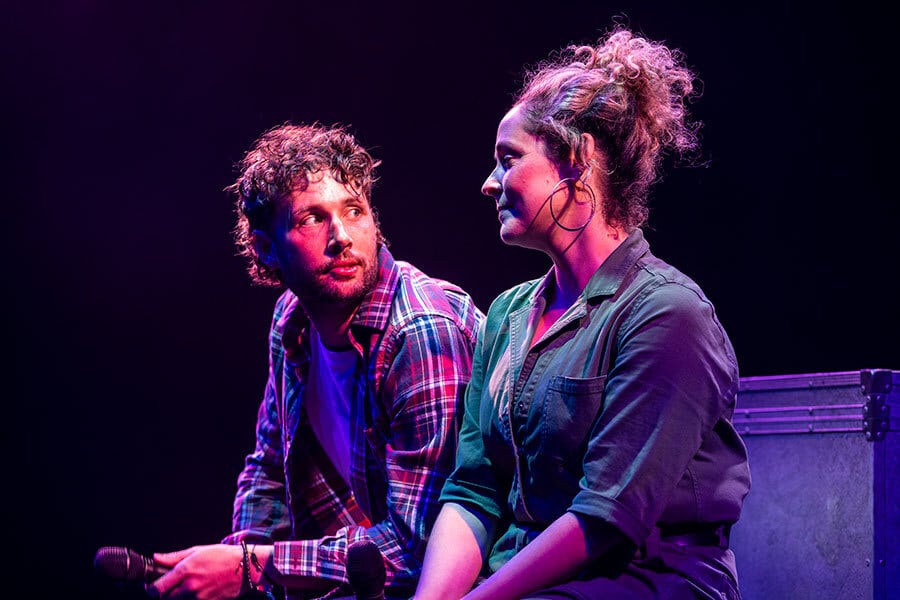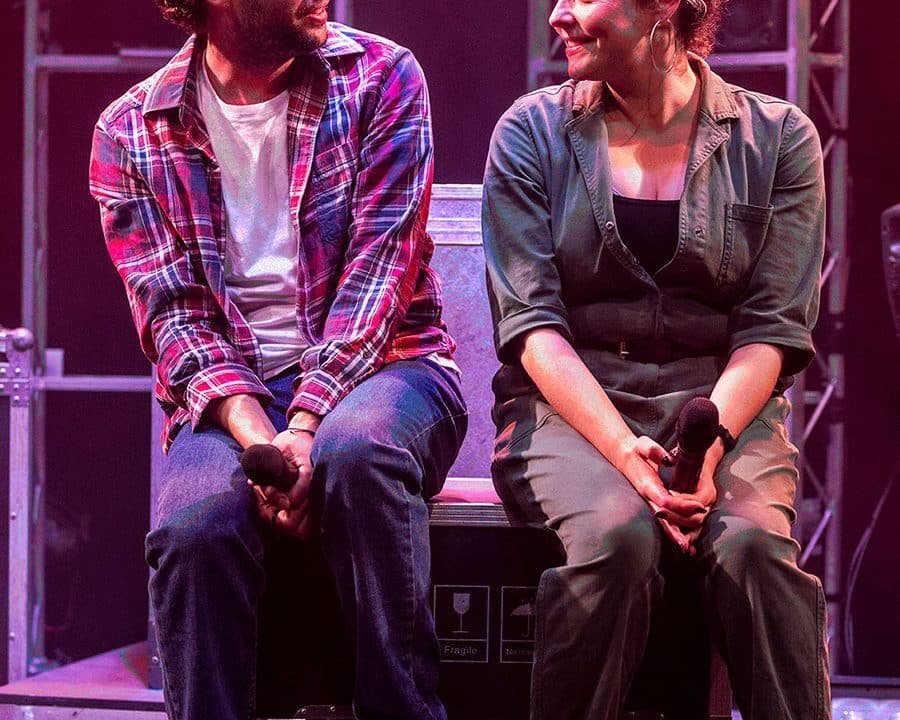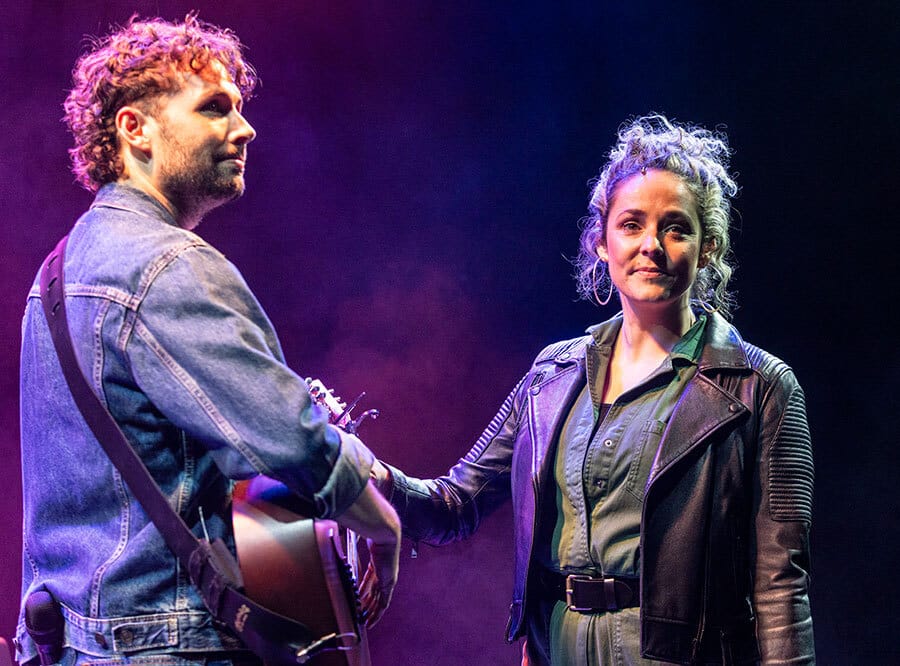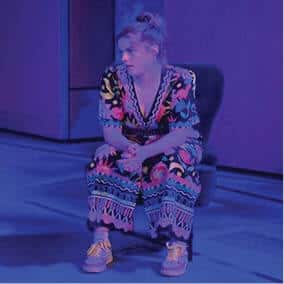I entered the enchanting “Under The Sea” world to review The Little Mermaid by PACA Productions at The Concourse Chatswood and “Darling it’s better” than I could have hoped for “Take it from me!!” 🎶
The theatre was almost full for opening night and the audience was pumped to see this classic childhood nostalgic show. It was one of the most interactive and responsive audiences I have witnessed in some time which is a credit to the marvellous production PACA have produced.
I was so excited to discover the live orchestra was warming up when I walked into the theatre early. A live orchestra always elevates a show in my eyes and they delivered a fabulous performance bringing authenticity to this well known wonderful musical score.
It was pleasant to read in the director’s notes the incredible effort they had gone into utilising as many recycled items as possible for the staging in their commitment to sustainability. The staging and props were impressive and cleverly designed to create illusions for each scene. I was particularly impressed with the ‘ship at sea’ set and Ursula’s lair.
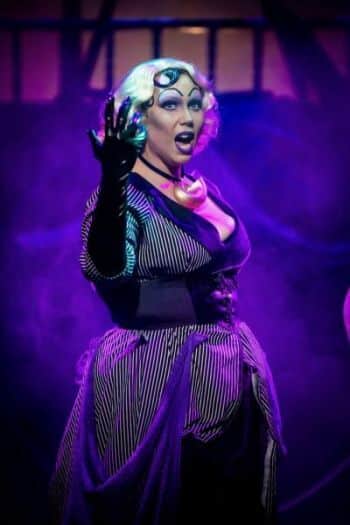
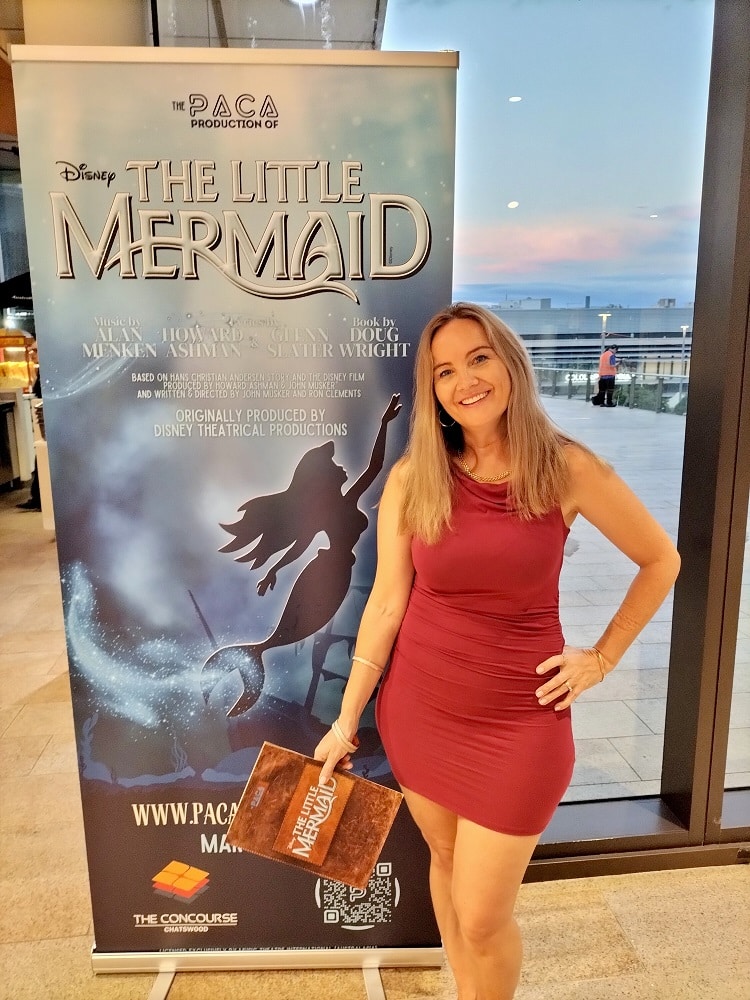
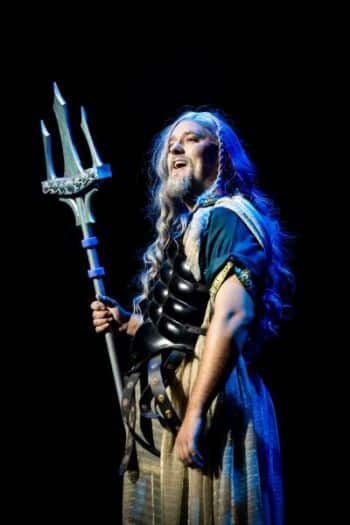
They also utilised projected images to create three-dimensional depth, which was especially effective for the ocean and inside the castle. The fly lines were put to fantastic use in creating effective multi-dimensions for the sea depth and a great visual ‘wow factor.’ The lighting techniques were also spectacular in creating green seaweed, effective lightning strikes, and the majestic illusion of sunshine.
Costumes were authentic to the Disney characters and imaginative. I had previously wondered how they would portray the characters of crabs, birds and fish and I loved their creative interpretation for bringing these characters to life.
If I had to pick three favourite music numbers- I couldn’t. I loved them all! My top favourites would be Sebastian’s “Under The Sea” with its full of life music and dance, Ursula’s “Poor Unfortunate Souls” with Jordan Berry’s powerhouse stellar vocals and then there was “Kiss The Girl” with absolutely beautiful choreography, lighting and staging. But I think perhaps my favourite (very hard decision) has to be “Positoovity” by the incredible tap dancing Scuttle (Alexander Billet) and the tap dancing ensemble. This was the opening song in the second act and the choreography and skill of all these dancers was sensational. The way Alexander Billet animated Scuttle the seagull was truly remarkable.
Faith Sherwood played Ariel as a true Disney princess. Her unwavering beautiful Disney smile and wonderful sweet vocals gave a commendable rendition. Her co-star Cameron Mayhew who played Prince Eric also gave a fantastic performance with a natural at ease flair on stage.
Andrew Read as Sebastian brought the house down. Sebastian gave plenty of comedic light and a charismatic performance and was absolutely adored by the audience.
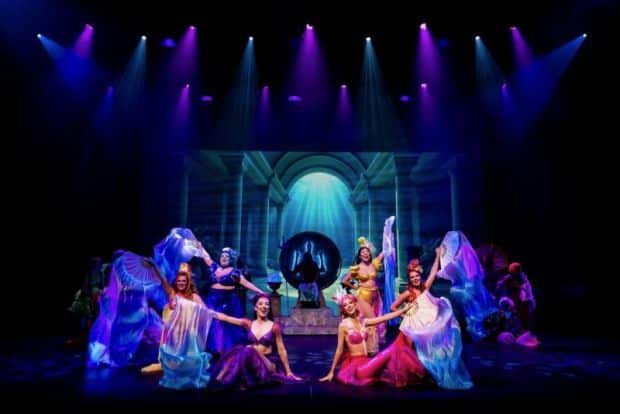
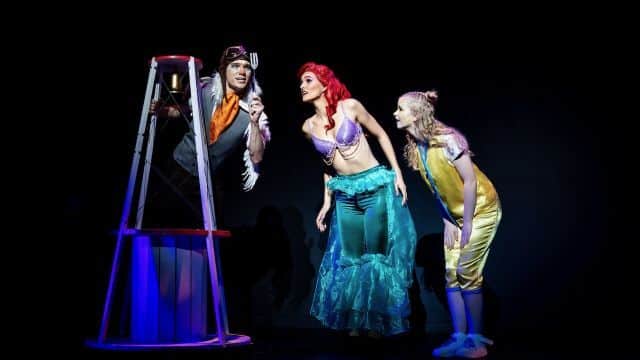
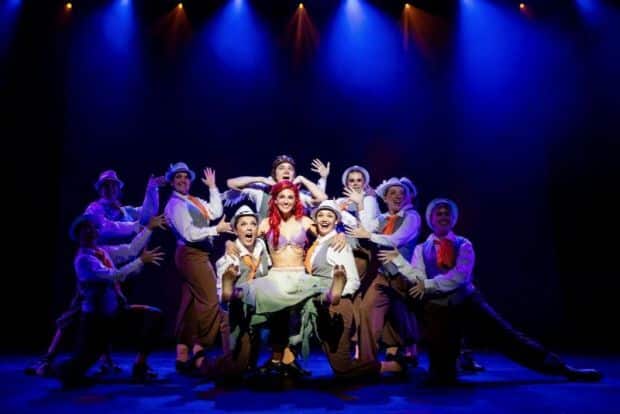
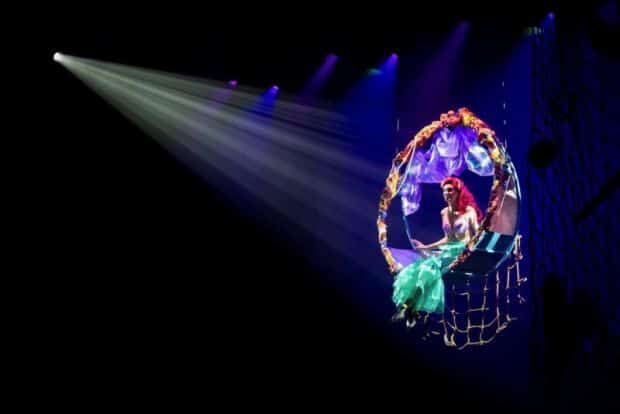
Ursula (one of my favourite characters) was sensational. Jordan Berry’s vocals and acting are truly professional and I will definitely be looking out for her in future productions.
Jemima as Flounder blew me away with her superb vocals as did Simon Buchner who played King Triton. He has a most inviting smooth rich tone and great resonance.
Although not technically a lead role, Chef Louis, played by Mercurius Yousif, definitely deserves a special mention. He absolutely brought the house down with outstanding acclaim for his comedic scene. He has a wonderful stage presence and personality accompanied by fabulous vocals and I hope to see more of him.
The ensemble was brilliant! Their dancing and vocal harmonies tied the show together and illuminated it to greater heights. Their steadfast enthusiasm and energy throughout every scene was commendable.
My only criticism of the production would be it’s not playing long enough for me to watch it again. Nine days simply isn’t long enough for all the creative talent and obvious hard work that has gone into this wonderful production. I admit it is honestly up there with my very favourite musicals and I would love to see it again! Do yourself a favour and if there’s any tickets left, go and have a fabulous night out watching some outstanding talent.
To book tickets to The Little Mermaid , please visit https://paca.sydney/the-little-mermaid/.
Spread the word on your favourite platform!

